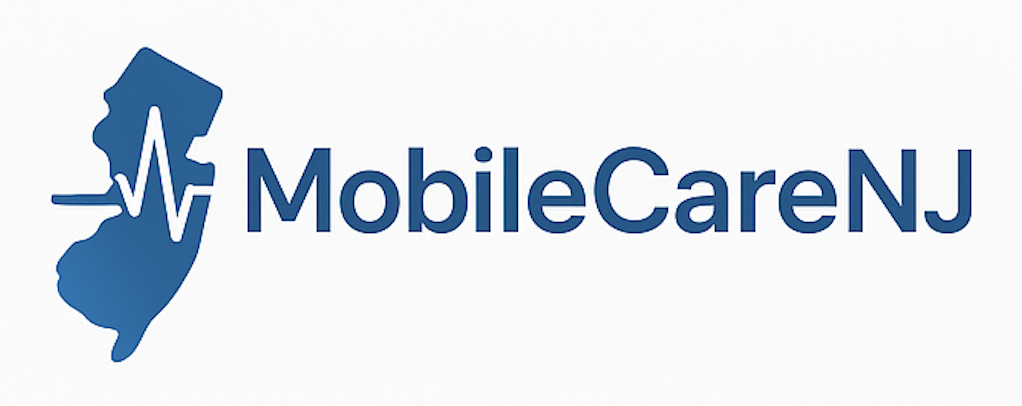Allergic reactions are one of the most common medical issues people face. From mild seasonal allergies to severe life-threatening anaphylaxis, understanding the signs, symptoms, and treatment options for allergic reactions is essential.
Whether you’re managing mild hay fever or worried about food allergies, knowing what to look for and when to get professional care can make a big difference.
What Is an Allergic Reaction?
An allergic reaction occurs when your immune system overreacts to a harmless substance (called an allergen). Common allergens include:
- Pollen
- Dust and pet dander
- Insect stings
- Foods (peanuts, shellfish, dairy, eggs)
- Medications (antibiotics, aspirin, etc.)
- Latex
Your body mistakenly sees these substances as dangerous, releasing chemicals like histamine that cause the symptoms we associate with allergies.
Common Symptoms of Allergic Reactions
Mild to moderate allergic reactions may include:
- Sneezing and nasal congestion
- Itchy, watery eyes
- Hives or skin rash
- Mild swelling (lips, face, or eyes)
- Stomach upset, nausea, or diarrhea after eating certain foods
Red Flag Symptoms: When to Seek Emergency Help 🚨
Some allergic reactions can quickly progress to a life-threatening condition called anaphylaxis. Call 911 immediately if you or someone else experiences:
- Difficulty breathing or wheezing
- Swelling of the tongue or throat
- Tightness in the chest
- Dizziness or fainting
- Rapid drop in blood pressure
- Severe hives covering large areas of the body
People with known severe allergies should always carry an epinephrine auto-injector (EpiPen) and use it right away if symptoms of anaphylaxis appear.
Long-Term Management of Allergies
For people with recurring or chronic allergies, long-term care may include:
- Allergy testing to identify triggers
- Avoidance strategies (changing diet, reducing dust/pollen exposure, etc.)
- Medications such as antihistamines, decongestants, or corticosteroid nasal sprays
- Immunotherapy (allergy shots or tablets) for certain allergies
- Regular check-ups with a healthcare provider to adjust treatment
Telehealth and Allergy Care
With today’s technology, you don’t always need to leave home to get care. Through Mobile Care NJ telehealth visits, patients can:
- Review symptoms with a licensed provider
- Get prescriptions for allergy medications
- Receive guidance on whether in-person testing or emergency care is needed
- Manage long-term allergies conveniently from home
This makes allergy care faster, safer, and more convenient — especially during high pollen seasons.
Key Takeaway
Allergic reactions can range from mild nuisances to life-threatening emergencies. Learning to recognize the symptoms, knowing when to seek urgent medical attention, and having a management plan in place are critical for your health.
If you’re struggling with allergies, don’t wait until symptoms worsen. Book a telehealth visit with Mobile Care NJ today and get expert care in the comfort of your home.
